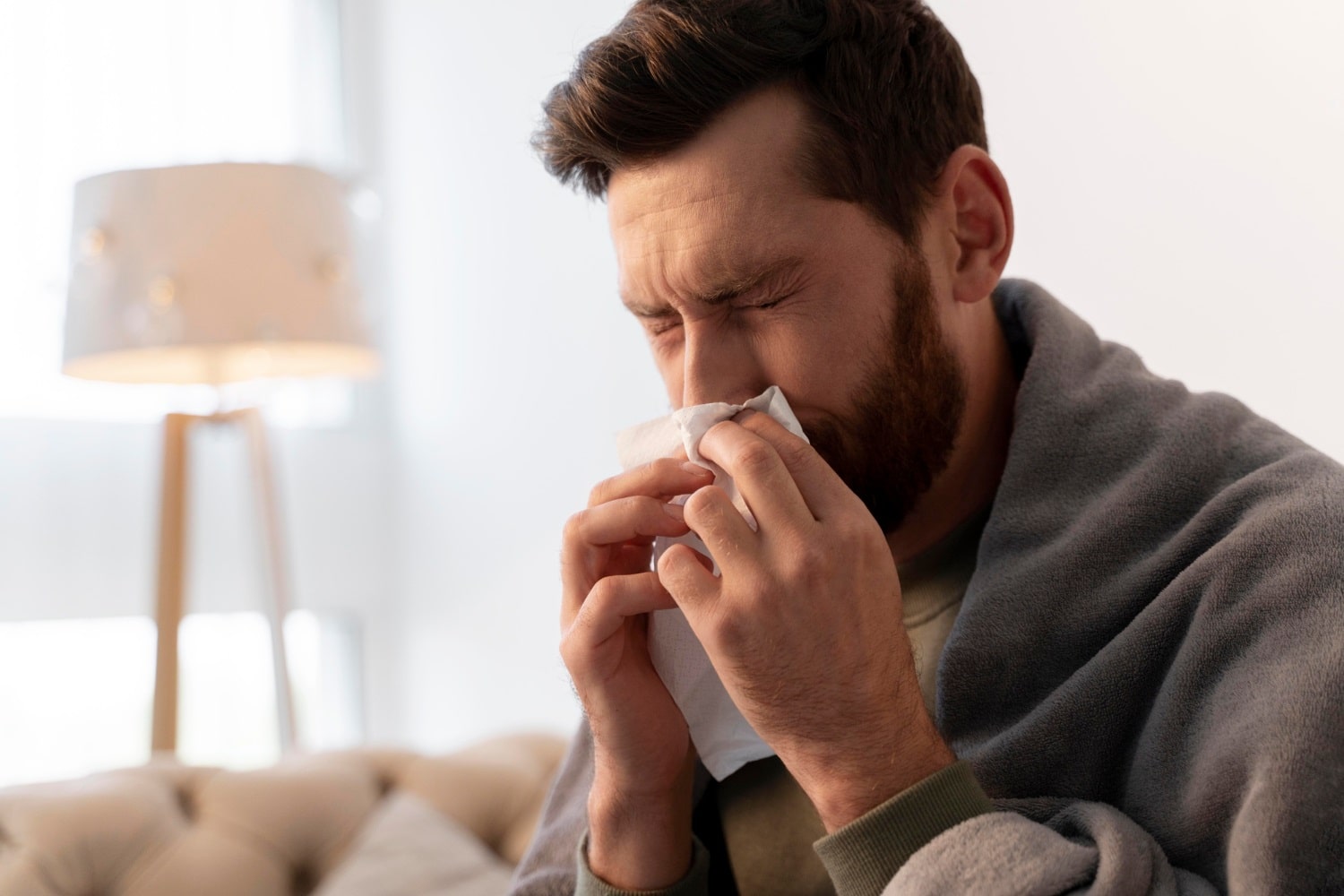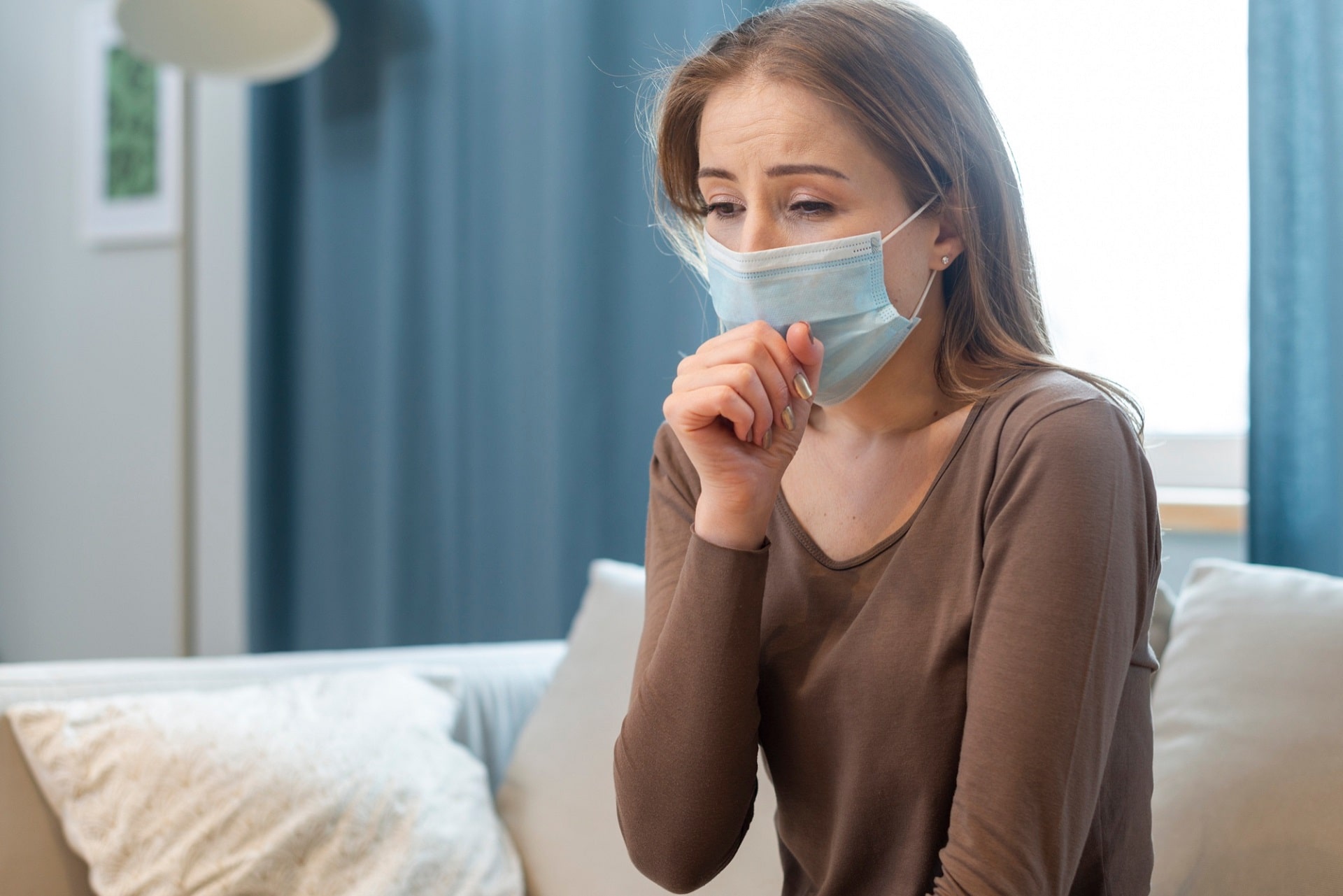RSV Clinical Trials in Tampa: Be a Part of the Progress by Volunteering

Respiratory syncytial virus (RSV) is a highly contagious respiratory illness that affects millions of people worldwide, especially infants, young children, and the elderly. Despite being a common cause of respiratory infections, there is still a significant lack of effective treatments for RSV. However, with the latest advances in medical research, new treatments, and vaccines are being developed to combat this virus. This is where you come in.
If you are a resident of Tampa, FL, you have the opportunity to be a part of the progress by volunteering for RSV clinical research trials.
In this blog post, we will explore the benefits of participating in RSV clinical research trials and why you should consider volunteering. Whether you are looking to contribute to the advancement of medical science or simply want to help others, RSV clinical studies are a great way to make a difference.
So, read on and find out how you can be a part of the progress by volunteering for RSV clinical research trials in Tampa.
Volunteer today to see if you qualify for our respiratory syncytial virus (RSV) clinical research study. Qualified volunteers will be compensated with financial benefits.
Clinical Trials Details
Clinical trials for Respiratory Syncytial Virus (RSV) are research studies that aim to evaluate the safety and efficacy of new treatments for RSV. These trials can involve medications, vaccines, or other interventions and are conducted in stages, with each stage building upon the results of previous stages.
The goal of RSV clinical research trials is to determine the best way to prevent and treat RSV infections, with the ultimate goal of improving health outcomes for those affected by the virus.
Clinical studies for RSV may be conducted in a variety of settings, including hospitals, clinics, and community-based organizations, and are typically sponsored by pharmaceutical companies, academic medical centers, or government agencies.
Participants in RSV clinical studies may include healthy volunteers or individuals with confirmed RSV infections. Clinical research trials are closely monitored and regulated to assess the safety and well-being of participants, and all participants must provide informed consent before participating.
It is important to note that the results of RSV clinical studies may take several years to be available and that not all experimental treatments are ultimately proven to be effective or approved for widespread use.
Details
Start Date: October 2022
Phase: Phase 2
Study Type: Interventional
Insurance: No insurance is needed
Benefits: Compensation up to $700 for time and travel
Eligibility
- The subject has a new onset of any of the following symptom(s) or worsening of preexisting symptom(s) consistent with a respiratory tract infection no more than 72 hours
- Body mass index ≥18 kg/m2 and ≤40 kg/m2
- Tested positive for RSV infection
Excluding
- An anticipated need for hospitalization within 24 hours Participant has end-stage renal disease
- Subject has a SARS-CoV-2 test result that is positive within 28 days
- The subject has a history of chronic liver disease
What is Respiratory Syncytial Virus (RSV)?
Respiratory Syncytial Virus infection is a highly contagious respiratory virus that causes infections of the lungs and respiratory tract. It is a common cause of respiratory illness in babies, young children, and older adults and can range from mild cold-like symptoms to severe lower respiratory tract infections such as bronchiolitis or pneumonia.
Symptoms and Care
The symptoms of a Respiratory Syncytial Virus infection can range from mild to severe and can include:
- Runny nose
- Cough
- Fever
- Decreased appetite
- Wheezing or rapid breathing
- Fatigue or irritability
In severe cases, symptoms can include:
- Difficulty breathing
- Chest retractions (pulling in of the skin between the ribs during breathing)
- Rapid breathing or wheezing
- Bluish skin color
Care measures for people with RSV include:
- Maintaining good hand hygiene and avoiding close contact with infected individuals
- Keeping the infected person well-hydrated by drinking plenty of fluids
- Providing a comfortable, smoke-free environment
- Treating symptoms such as fever with over-the-counter medications
- Seeking medical attention if symptoms become severe or if the person is at high risk for complications, such as premature infants or older adults
It is important to note that there is currently no specific antiviral treatment for RSV, and care is mainly supportive in nature.

Risk Factors for RSV
Individuals who are at high risk for severe RSV infections include:
- Babies and young children, especially those born prematurely
- High-risk adults, particularly those over 65 years of age or with underlying medical conditions
- People with a weakened immune system, such as those with HIV/AIDS or receiving cancer treatment
- Individuals with chronic lung diseases, such as chronic obstructive pulmonary disease (COPD) or asthma
- People with heart disease
Premature infants, young children, pregnant women, and older adults with underlying medical conditions are at the greatest risk for complications from RSV, including hospitalization and death.
Transmission
RSV is primarily transmitted through respiratory droplets from an infected person. RSV can spread when:
An infected person coughs or sneezes: Virus droplets from a cough or sneeze can spread to others in close proximity.
Direct contact: RSV can be transmitted through direct contact with an infected person, such as kissing a child with RSV.
Touching a contaminated surface: RSV can survive for several hours on hard surfaces and for a shorter period of time on soft surfaces like tissues or hands. The virus can be transmitted when someone touches a contaminated surface and then touches their face before washing their hands.
People with RSV infection are usually contagious for 3 to 8 days and may become contagious a day or two before they start showing symptoms of illness. Some babies and people with weak immune systems can keep spreading the virus even after they stop showing signs for up to 4 weeks. Children are often exposed to and infected with RSV outside the home, such as in school or childcare centers.
How to Prevent RSV Disease
To prevent the spread of RSV, follow these steps:
- Wash hands regularly with soap and water, or use hand sanitizer.
- Avoid close contact with sick people.
- Avoid touching the face.
- Clean and disinfect frequently touched surfaces.
- Cover coughs and sneezes with a tissue or elbow.
- Get vaccinated, such as the flu vaccine.
- Minimize exposure to environments where RSV is common, such as schools and childcare centers.
These preventive measures can reduce the spread of RSV and other infectious diseases. It's important to remember that RSV is highly contagious, so following these measures can help reduce the risk of getting infected.
Benefits of Participating in an RSV Virus Clinical Trial
Participating in a clinical trial for RSV disease can bring several benefits, including:
- Access to new treatments: Clinical research trials offer access to experimental treatments that may not yet be widely available.
- Contributing to medical research: By participating in a clinical trial, individuals can help advance our understanding of RSV infection and how to treat it.
- Personalized medical care: Participants receive close monitoring and medical attention, which can be particularly beneficial for those at high risk for complications from RSV.
- Potential health benefits: If the experimental treatment is effective, participants may experience improved health outcomes as a result of their participation in the trial.
- Compensation: Participants may be compensated for their time and travel expenses.
It is important to note that participating in a clinical trial is a personal choice and should be made after careful consideration and discussion with a healthcare provider. It is also important to understand the potential risks and benefits of the experimental treatment and the trial process.
At Santos Research Center, we are dedicated to researching new medical interventions for the prevention and treatment of infectious diseases caused by viruses.
By participating in our ongoing clinical research trials, you can be a part of this vital work.
Have you been infected with RSV recently? You may be eligible to participate in our paid clinical research trials in Tampa. Schedule an appointment with us at (813) 249-9100 or visit www.santosresearch.com for more information.
